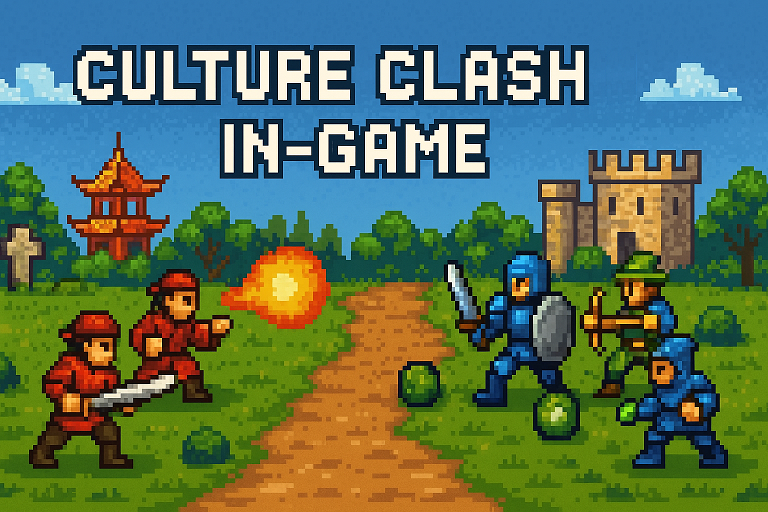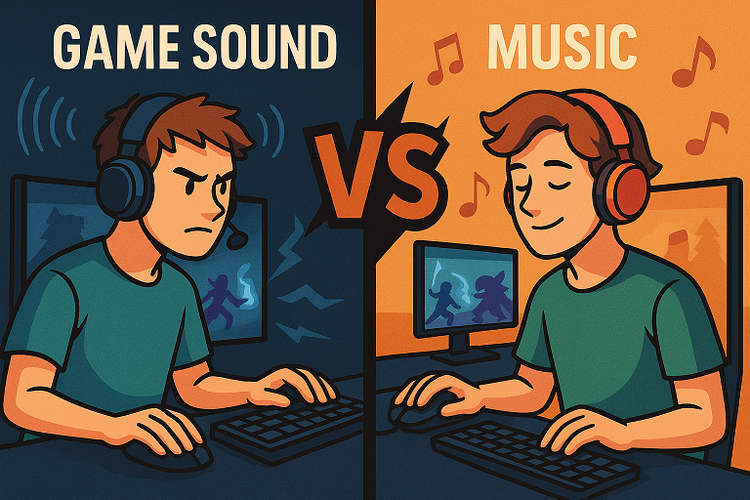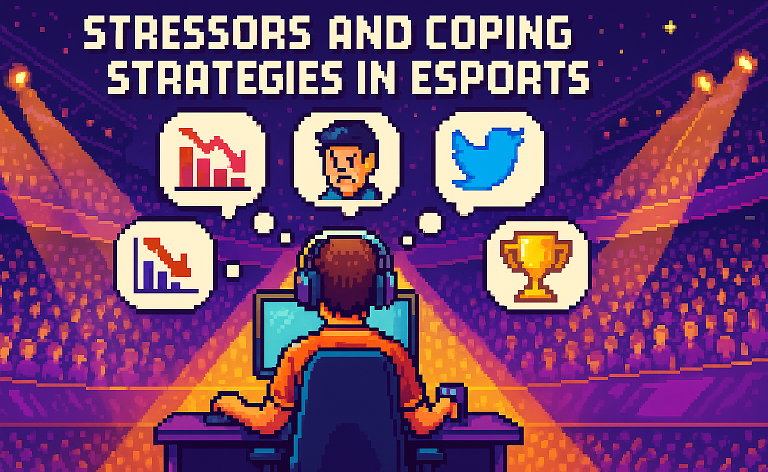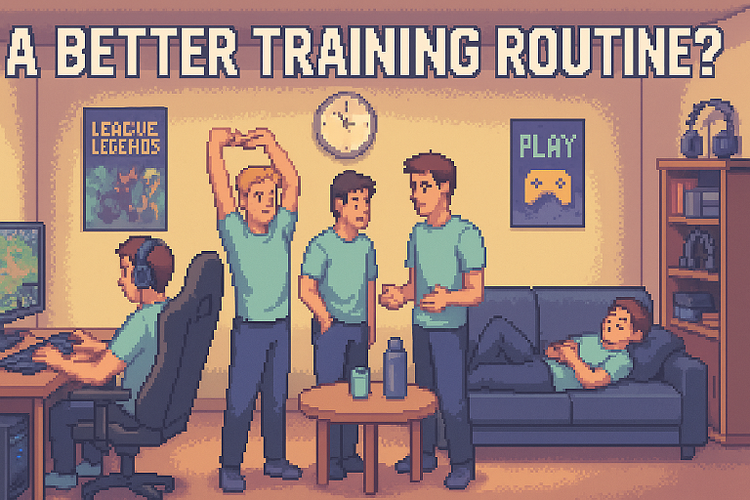The Esports Ecosystem
We explore esports as an industry. Who are the relevant stakeholders? How does the ecosystem look? Why is esports unique?
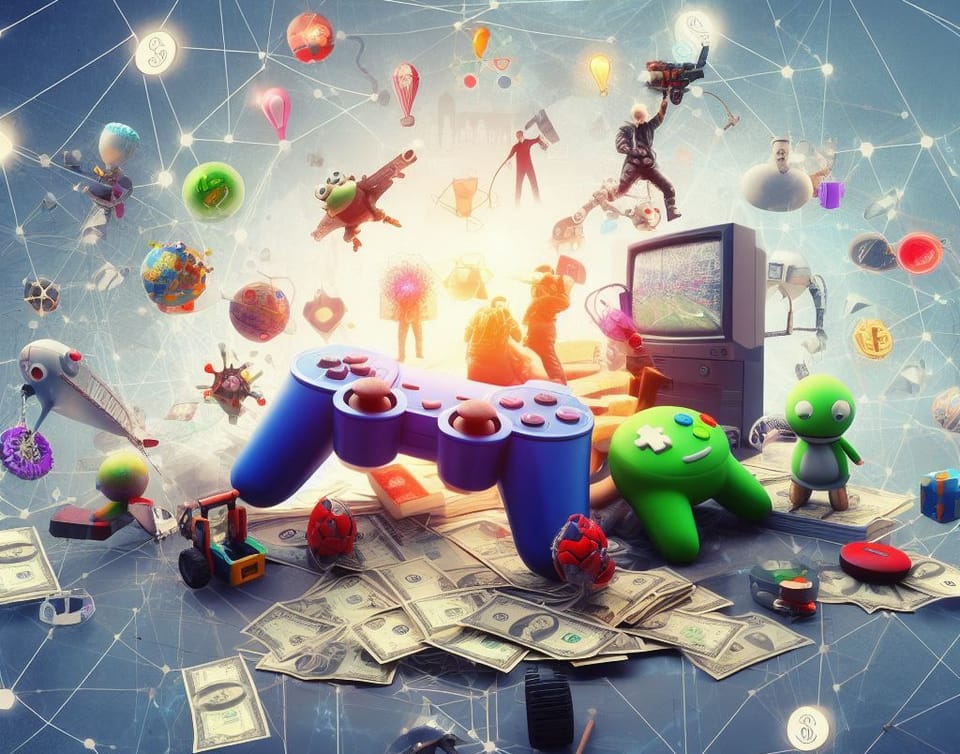
Happy Sunday, friends.
In today’s newsletter, we’ll take a different approach to looking at Esports. Instead of viewing it from a sporty, highly organized, competitive, and professionalized perspective where performance is the focal point, we are going to explore Esports as an industry. What are the relevant stakeholders? How does the ecosystem look? Why is Esports unique? Let’s hop in.
In today’s newsletter, we’ll take a different approach to looking at Esports. Instead of viewing it from a sporty, highly organized, competitive, and professionalized perspective where performance is the focal point, we are going to explore Esports as an industry. What are the relevant stakeholders? How does the ecosystem look? Why is Esports unique? Let’s hop in.
“In summary, it can be stated that eSports […] is a socio-cultural phenomenon rooted in sports, media, entertainment, and culture but emerged in a digitized environment. Furthermore, eSports blurs the barriers to those fields.” – Scholz, 2020
In this unique industry we all know, a start-up mentality is still apparent where a network of different stakeholders exists. In the center of this network are you and me – the average and casual gamer. We play and watch games, and because of that, we are the driving force of this industry, as companies – may it be game developers, streaming services, sponsors, gaming gear manufacturers, etc. – seek to profit from us. As Scholz (2020) put it:
“[…] to monetize the audience/player is still a driving force of every business model […]”
🧫 The Esports Ecosystem
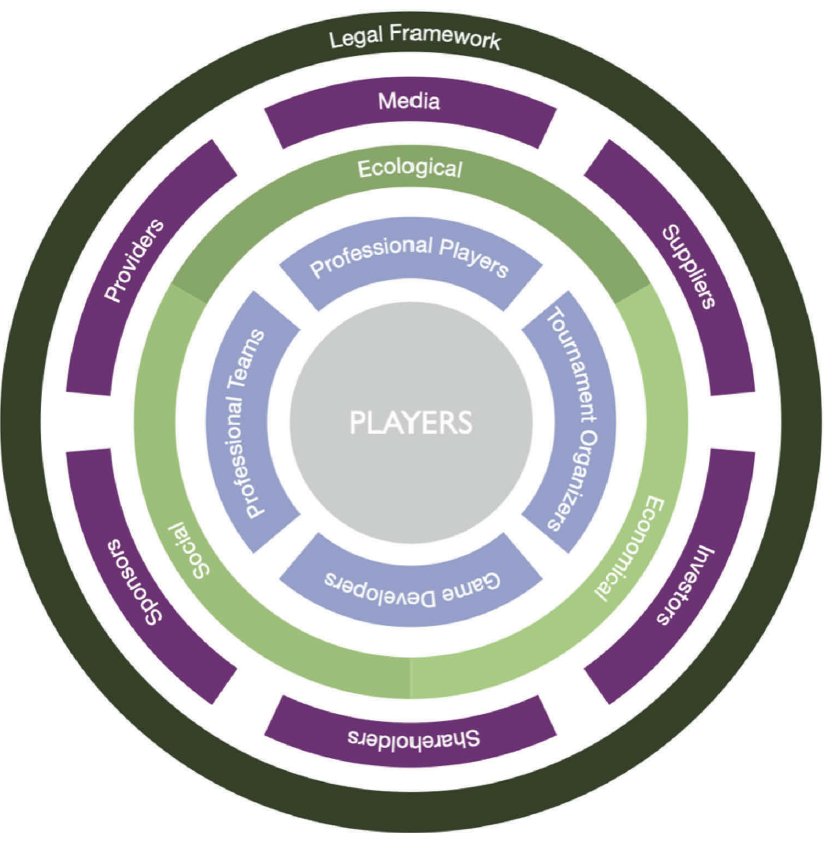
The figure above shows the categorization of the Esports ecosystem. Though the different stakeholders are not connected in the picture, they are within the industry. Companies, within and across their category, compete and cooperate at the same time with each other.
In the early days, very few organizations were interested in Esports, giving them a head start, for instance, Team Liquid. What was once a small team and website for StarCraft I: Brood War is now a massive media company with players and teams in various gaming disciplines, streamers, merchandise, and so on. They evolved from a platform to having competitive players to a media company.
Beyond the average gamer, “primary stakeholders are game developers, professional teams, professional players, and tournament organizers” (Scholz, 2020). In order to have an infrastructure for each Esports title in place, those four stakeholders are essential. Game developers are especially crucial to the Esports ecosystem. Think about Riot Games, Valve, or Blizzard Entertainment (now Microsoft). They create and evolve the game. If the game is not attractive to players, there will be no one playing. At the same time, game developers are usually the ones putting in a lot of money at first to attract competitive players.
Usually, in a subsequent step, e.g. when the game is attractive – meaning high player numbers and viewership – sponsors put money into it too, seeking exposure for their products and services. Most game developers are in full charge and control when it comes to tournaments. They either organize them by themselves or grant permission and work together with tournament organizers such as ESL.
The other stakeholders, such as media, investors, and sponsors, are secondary stakeholders. They are the ones profiting in a different way and shape the industry, e.g., news coverage or investing money.
💡 Esports has evolved from gamers competing in video games to a full-blown industry with billions in revenue. Though in our head, Esports relates to gamers competing in video games, professional players are not the central point of the Esports ecosystem (industry). The recreational gamer is “the object of interest” and keeps everything going. However, professional players and teams are a big part of it, drawing massive viewership to watching them compete live (filling entire stadiums) or online.
See you next Sunday!
Christian 🙃
Join over 250+ (🤯) Gaming Science subscribers and become smarter every week.
"I love this type of content, thank you Chris."

